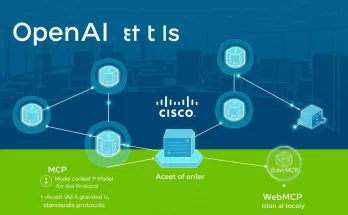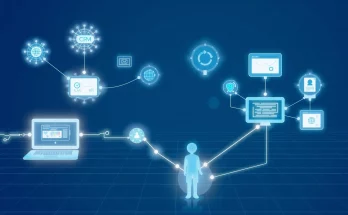In today’s technology-driven world, artificial intelligence (AI) is at the forefront of innovation, rapidly transforming industries. A recent exhibition in Shanghai showcased humanoid robots alongside humans, symbolizing a future where machines might replace human labor entirely. With industry experts like Elon Musk and Bill Gates predicting a world where human jobs are possibly obsolete, it’s crucial to examine the intersection between AI and Silicon Valley’s relentless pursuit to automate.
Venture Capitalists and the Automation Vision
I recently attended a dinner hosted by a venture capital firm in San Francisco. The speaker, a tech veteran, emphasized that the monetary potential of AI far surpasses previous technological breakthroughs. According to him, the goal isn’t just improving efficiency but replacing the world’s workers—thus capturing their salaries.
This bold admission highlights an underlying narrative in Silicon Valley: a desire for total automation of labor. Companies like Mechanize are pioneering this vision, convincing influential investors to support their idea of fully automating the economy.
The Feasibility of Job Automation
Is the idea of automating all jobs realistic? While some experts predict the inevitability of mass labor replacement, it’s a complex issue. High-profile figures such as Musk argue that AI advancements can lead to a future where most human jobs disappear. Similarly, Bill Gates foresees a time when human involvement in labor is limited.
- Career paths like sports, artistry, and politics remain largely resistant to automation.
- The development of AI continues to outpace expectations, with models like GPT-4 achieving high proficiency in various tasks.
- The physical labor sector also faces threats from robotic innovations.
The Dual Threat of AI and Robots
While AI has shown capabilities in skilled roles, robots are equally evolving, specifically in sectors that require physical labor. Examples include:
- Humanoid robots being tested in BMW factories.
- Robots completing Consumer Electronics tasks, such as shelf stocking and inventory management.
The enduring question is: if AI will handle cognitive tasks and robots will tackle physical tasks, what role will humans play in this future?
The Clarity on Artificial General Intelligence (AGI)
Recent developments indicate that the emergence of artificial general intelligence (AGI) may be closer than initially believed. Experts like Demis Hassabis of Google DeepMind speculate that AGI could be realized in the next several years.
The Societal Implications of Automation
The desire for automation raises significant economic questions. While proponents argue that a post-labor economy will lead to wealth generation and enhanced global living standards, history suggests otherwise. The distributions of wealth and resources have often favored the few rather than the many.
This relentless drive for automation centers around a fundamental question: is this merely a pursuit of profit, or do tech leaders genuinely believe in the benefits of a fully automated workforce? Silicon Valley’s ambition isn’t just about improving efficiency; it’s about redefining the means of production itself, often at the cost of labor.
As we stand on the brink of a potentially transformative era in the labor market, understanding the implications and addressing concerns raised by this automation-driven landscape becomes crucial. The future depends on how we respond to the challenges of balancing human employment with the inevitability of technological advancement.


